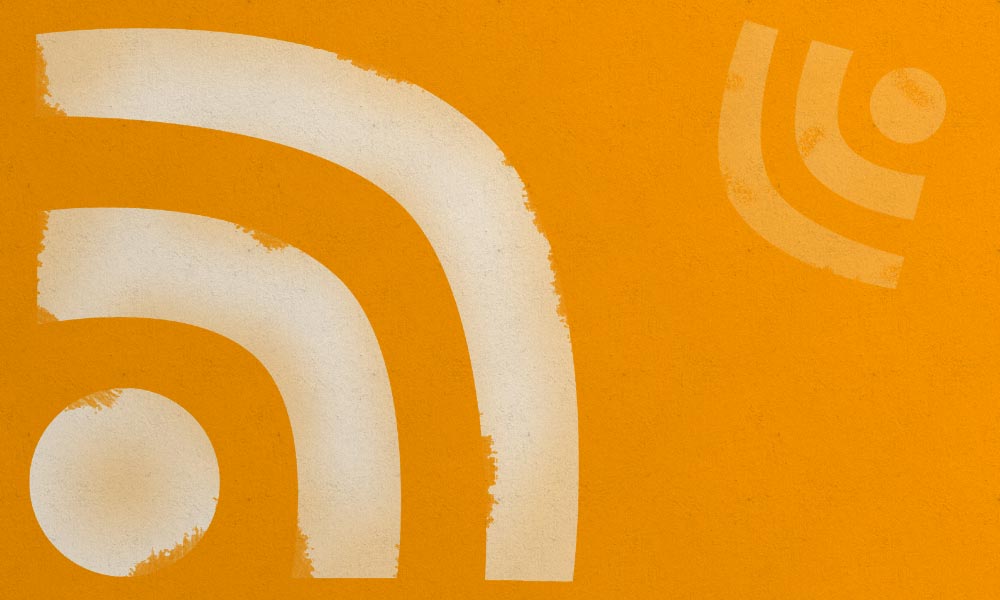
FeedBurner’s Lesson: Don’t Forget Your Legacy
Let the slow decline of FeedBurner, and RSS in general, be a lesson for your association: Allow widely used apps and products to fall into decline at your peril.
For years, RSS has been referred to as a “dead” technology.
In fact, tech pundits have been calling RSS dead since at least 2009, with the common argument being that the model has been usurped by the more consumer-friendly social media model.
Again and again and again, this issue keeps coming up. But the fact of the matter is, people still rely on RSS daily. And as cool as Twitter Lists are, Google Reader is still a useful service. And heck, even modern apps like Prismatic and Flipboard still rely on RSS to drive their services.
But wish death on something long enough, and it might actually happen.
You may be focused on a slick new information transport mechanism, but people still rely on those old roads. They still lead somewhere.
Having weathered many storms, it looks like RSS might actually face a real body blow. FeedBurner, an app co-created by Twitter CEO Dick Costolo and currently owned by Google, has been an essential but neglected part of the internet’s backbone for nearly a decade — giving RSS feeds extra features that the original spec didn’t account for, like analytics and email subscriptions. For many site owners, using FeedBurner was downright necessary for years. It was so important for a while that Google bought the company for a reported $100 million back in 2007.
But in recent months, Google’s done a lot of ignoring of this fundamental part of the web — as we reported last week, they plan to shut down FeedBurner’s API (application programming interface) later this month. Recently, the service stopped tracking reader statistics — and only went back online after five days. On Friday, it was revealed that Google planned on shutting down its AdSense for Feeds program, potentially taking away a revenue source for sites using it for their RSS feeds.
TechCrunch seems convinced all of this is a prelude to Google letting FeedBurner sunset once and for all — which, if it happened, would put years worth of reader subscriber lists in danger of being rendered useless. At the very least, the still-widely-used Google Reader likely won’t see any dramatic upgrades anytime soon.
Some association bloggers are already worried that something bad might happen, with no real (or at least no good) alternative in sight.
Let’s think about this for a second: What sort of initiatives do you have under your association’s name? What services do you offer that you’ve forgotten about because they’ve become too boring, dated or unsexy?
RSS was never sexy. It just worked.
Now, your turn: “_______ was never sexy. It just worked.”
Don’t let infrastructure decay. You may be focused on a slick new information transport mechanism, but people still rely on those old roads. They still lead somewhere.
If you want to shut down that road once and for all, give them a better one.






Comments